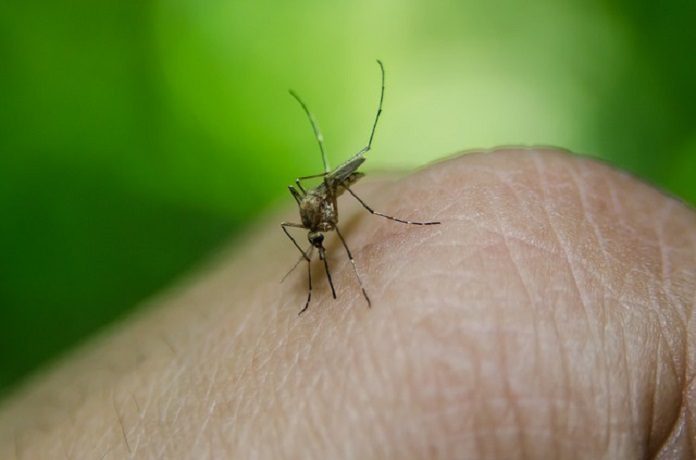Study explores whether mosquitoes carry coronavirus – that is, could mosquitoes be a vector for spreading the disease?
The race to accumulate knowledge about the SARS-CoV-2 virus spans a number of dimensions. Some researchers are focused on potential treatments, others on how the virus impacts the body, and of course, there are more than 165 research teams across the world working to develop a vaccine for the coronavirus. However, another hugely significant area of research is how the virus transmits, specifically routes of transmission that are possible or likely, and those that are not. For example, do mosquitoes carry coronavirus?
The focus on COVID-19 transmission has also included an examination of how other diseases are spread. While the global death toll from SARS-CoV-2 has surged above 650,000, there is another infectious disease that kills approximately 400,000 people every year. Malaria, by some estimates, has killed half of the people who have ever lived on the planet. This most successful of infectious diseases is spread by mosquitoes. Amidst the concerns around the spread of SARS-CoV-2, the prospect of transmission through an insect vector such as a mosquito has been raised. A study recently published in Nature seeks to address those concerns (1).
The WHO, from an early stage in the pandemic, eased concerns of insect vectors by asserting that there was no evidence that SARS-CoV-2 could be spread by insects. However, absence of evidence is not necessarily evidence of absence. That is, just because there is no evidence to support the possibility of insect transmission, does not mean we can rule it out. Therefore, a research team from Kansas State University sought to provide a more definitive answer to whether mosquitoes carry SARS-CoV-2.
To do this, they tested the conditions necessary for the virus to be spread by mosquitoes. When mosquitoes spread malaria or viral diseases such as the Zika virus, they must ingest sufficient quantities of virus from an infected host to allow the virus to infect cells in their midgut. The virus must then be capable of replicating within these midgut cells and spreading to other parts of the mosquito, most crucially, the salivary glands.
To test whether this could happen with the SARS-CoV-2 virus, mosquitoes were directly inoculated and then tested at various time points to see if infectious virus could be recovered. Immediately after inoculation, infectious virus was present. However, when the mosquitoes were tested at 24 hours, only one of 48 mosquitos produced infectious virus.
At time points beyond 24 hours, none of the 277 mosquitoes tested produced infectious virus. Notably, the research team tested for infectious virus rather than the presence of viral RNA. It is possible that viral RNA could be present in these mosquitoes. But detection of RNA does not necessarily mean that the virus is present in a form that remains infectious. Therefore, RNA detection could lead to an incorrect conclusion and does not necessarily indicate the virus has been able to replicate. However, the absence of any infectious virus at time points beyond 24 hours demonstrates that the virus is incapable of replicating within mosquitoes. Without this vital link in the chain, transmission of SARS-CoV-2 through mosquitoes cannot occur.
This study was largely confirmatory in nature. It was widely accepted that the virus could not spread through mosquitoes for a number of reasons. However, it is important to confirm this theory-based assumption experimentally. Although research continues on the exact details of how the virus does transmit, mosquitoes can be crossed off the list of concerns for now.
Written by Michael McCarthy
1. Huang Y-JS, Vanlandingham DL, Bilyeu AN, Sharp HM, Hettenbach SM, Higgs S. SARS-CoV-2 failure to infect or replicate in mosquitoes: an extreme challenge. Sci Rep. 2020;10(1):11915.
Image by Creative Solutionist from Pixabay



